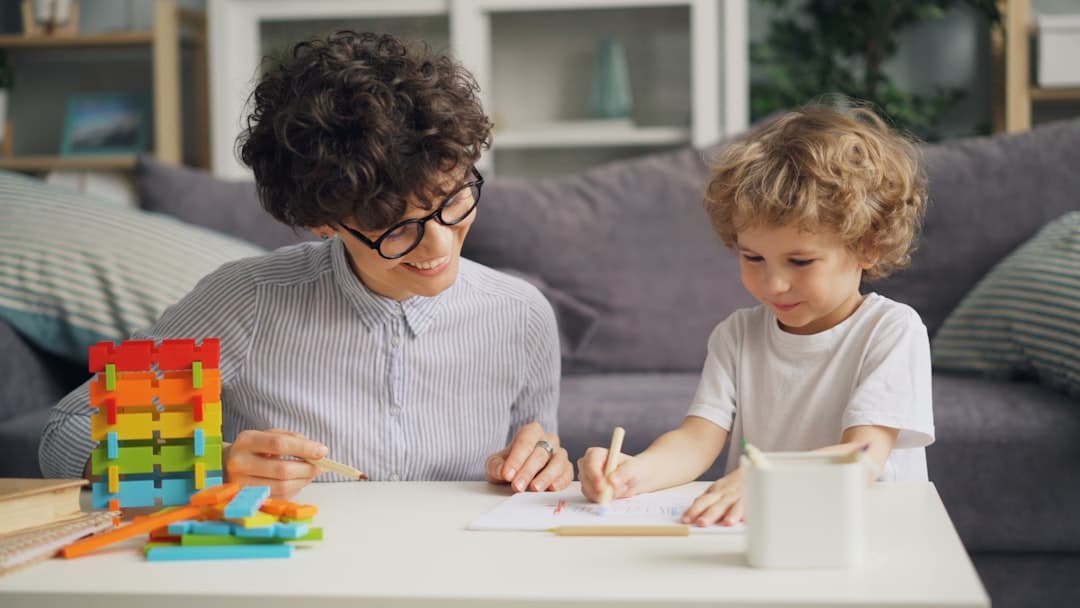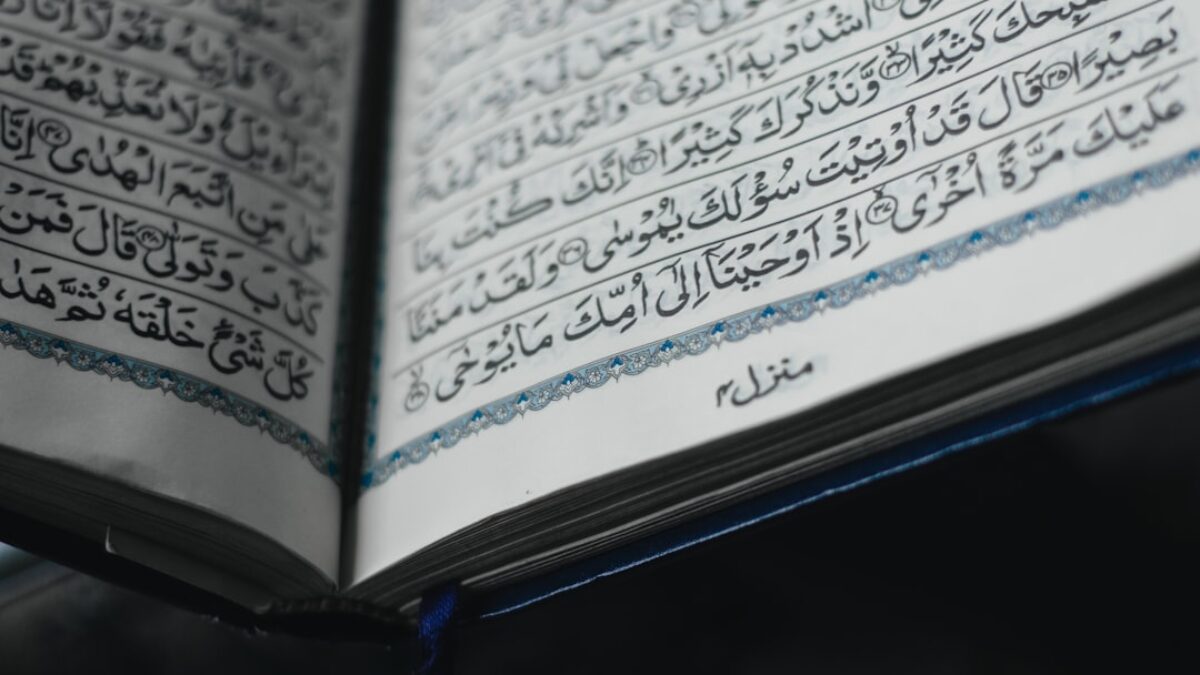Teaching children short, meaningful Islamic duas (supplications) is one of the most powerful ways to nurture their faith, build confidence, and create a lifelong connection with Allah. Whether your child is three or twelve, memorizing simple daily prayers can become an effortless and joyful part of their routine. This article walks you through why these duas matter, which ones to start with, and how to make the process natural, fun, and spiritually uplifting for the entire family.
Understanding Easy Islamic Duas for Kids
Duas are not just Arabic phrases; they are heartfelt conversations with the Creator. For children, “easy” duas share three characteristics:
- Concise – usually between 3–10 Arabic words
- Relatable – linked to everyday moments such as waking up, eating, or meeting friends
- Memorable – rhythmic, repetitive, and often paired with gestures or songs
The goal is not simply rote memorization but cultivating khushoo’—a sense of awe and presence—so each supplication becomes a bridge between a child’s heart and Allah’s mercy.
Core Principles Behind Teaching Duas to Children
- Repetition with meaning: Recite the Arabic, then the child-friendly translation, and finally a one-line takeaway (“This dua reminds us Allah gives us food.”).
- Sensory learning: Use colorful flashcards, gentle hand motions, or bedtime stories that weave the dua into the narrative.
- Positive reinforcement: Celebrate successful memorization with smiles, hugs, or a sticker chart instead of material rewards alone.
Key Components of Easy Daily Duas
Below are the twelve most essential duas every Muslim child can master, broken into clear micro-sections for easy reference. Each entry includes:
- Arabic text
- Transliteration
- Child-friendly translation
- The perfect moment to use it
Morning & Evening Duas
1. Upon Waking Up
Arabic: الْحَمْدُ لِلَّهِ الَّذِي أَحْيَانَا بَعْدَ مَا أَمَاتَنَا وَإِلَيْهِ النُّشُورُ
Transliteration: Al-ḥamdu lillāhi alladhī aḥyāā ba‘da mā amātanā wa ilayhi-nushūr.
Translation: “All praise is for Allah who gave us life after taking it from us, and to Him we will return.”
When to say it: The very first moment your child opens their eyes. Whisper it gently while rubbing their back.
2. Before Leaving Home
Arabic: بِسْمِ اللَّهِ تَوَكَّلْتُ عَلَى اللَّهِ، وَلَا حَوْلَ وَلَا قُوَّةَ إِلَّا بِاللَّهِ
Transliteration: Bismillāhi tawakkaltu ʿalallāh, wa lā ḥawla wa lā quwwata illā billāh.
Translation: “In Allah’s name I leave, and I place my trust in Allah; there is no power or strength except with Allah.”
When to say it: Right before stepping out the door. Make it a mini-ritual—hand on the doorknob, take a deep breath, recite together.
Mealtime Duas
3. Before Eating
Arabic: بِسْمِ اللَّهِ
Transliteration: Bismillāh
Translation: “In the name of Allah.”
When to say it: The instant the food is placed in front of them. Teach them to pause the fork until the dua is said—this also builds discipline.
4. After Eating
Arabic: الْحَمْدُ لِلَّهِ الَّذِي أَطْعَمَنَ وَسَقَانَا وَجَعَلَنَا مِنَ الْمُسْلِمِينَ
Transliteration: Al-ḥamdu lillāhi alladhī aṭ‘amanā wa saqāā wa jaʿalanā mina l-muslimī.
Translation: “All praise is for Allah who fed us, gave us drink, and made us Muslims.”
When to say it: Right after the last bite. Encourage them to pat their tummy and smile, reinforcing gratitude.
Learning & School Duas
5. Before Studying
Arabic: رَبِّ زِدْنِي عِلْمًا
Transliteration: Rabbi zidnī ʿilmā
Translation: “My Lord, increase me in knowledge.”
When to say it: Just as they open their backpack or sit at the desk. A quick, quiet whisper sets a spiritual tone for homework.
6. After Learning Something New
Arabic: سُبْحَانَكَ إِنِّي ظَلَمْتُ نَفْسِي فَاغْفِرْ لِي
Transliteration: Subḥānaka innī ẓalamtu nafsī faghfir lī.
Translation: “Glory be to You (Allah), I have wronged myself, so forgive me.”
When to say it: Not limited to kids—teach it as a heart-softener whenever they realize they made a small mistake or forgot to revise.
Travel & Transportation Duas
7. When Entering a Vehicle
Arabic: بِسْمِ اللَّهِ مَجْرَاهَا وَمُرْسَاهَا، إِنَّ رَبِّي لَغَفُورٌ رَّحِيمٌ
Transliteration: Bismillāhi majrāhā wa mursāhā, inna rabbī la-ghafoorun raḥeem.
Translation: “In Allah’s name is its sailing and its anchoring. Indeed, my Lord is Forgiving, Merciful.”
When to say it: As they buckle their seatbelt or board the school bus. Turn it into a game: whoever remembers first gets to pick the radio station.
Social & Bedtime Duas
8. When Greeting Someone
Arabic: السَّلَامُ عَلَيْكُمْ
Transliteration: As-salāmu ʿalaykum
Translation: “Peace be upon you.”
When to say it: Every time they meet friends, relatives, or even pets. Reinforce that spreading peace is a superpower.
9. When Going to Sleep
Arabic: بِسْمِكَ رَبِّي وَضَعْتُ جَنْبِي، وَبِكَ أَرْفَعُهُ، إِنْ أَمْسَكْتَ نَفْسِي فَارْحَمْهَا
Transliteration: Bismika rabbī waḍaʿtu janbī, wa bika arfaʿuhu, in amsakta nafsī farḥamhā.
Translation: “In Your name, my Lord, I lay down my side, and by You I raise it. If You take my soul, have mercy on it.”
When to say it: After the bedtime story and kisses. Dim the lights, cuddle, and recite slowly so it becomes a soothing lullaby.
Benefits and Importance of Teaching These Duas Early
Spiritual Development
Children who recite daily duas develop a personal relationship with Allah before societal distractions take root. The repetition plants seeds of tawakkul (trust in God) and shukr (gratitude) that blossom into resilient faith.
Cognitive & Emotional Benefits
- Language acquisition: Exposure to rhythmic Arabic improves phonetic awareness and later Qur’an reading fluency.
- Mindfulness training: Pausing before meals or travel teaches kids to be present, reducing impulsivity.
- Emotional regulation: Bedtime duas act like a spiritual “security blanket,” lowering nighttime anxiety.
Social Etiquette
Reciting as-salāmu ʿalaykum at the playground or thanking Allah after a snack becomes a living ṣadaqah, modeling good manners for peers and non-Muslim neighbors alike.
Practical Applications: Making Memorization Effortless
Step-by-Step Daily Routine
Morning Loop (6:30–7:30 a.m.)
Wake-up dua at bedside Brush teeth, then bathroom dua (optional: “Allahumma inni a’udhu bika…”) Breakfast dua Before-leaving-home dua at the door School Loop (7:45 a.m.–3:00 p.m.)
Entering vehicle dua Before-studying dua during first class After-lunch gratitude dua in cafeteria Evening Loop (6:00–8:00 p.m.)
Dinner dua Brief revision circle with parents (5 minutes max) Bedtime dua
Creative Teaching Tools
- Dua Calendar: A printable 30-day calendar with tiny boxes to check off after each recitation.
- QR Code Audio: Stick small QR stickers around the house; when scanned, a sweet child’s voice recites the dua.
- Story Integration: Craft a bedtime story where the hero whispers the travel dua while riding a magic carpet.
- Family Dua Jar: Color-coded strips—green for morning, yellow for meals, blue for bedtime—draw one daily and act it out.
Common Obstacles & Solutions
Obstacle Quick Fix Child forgets mid-day duas at school Attach a silicone bracelet engraved with “Rabbi zidni ‘ilma” as a tactile reminder. Teen feels “too old” for baby duas Upgrade to slightly longer Prophetic duas and use Arabic-only flashcards to respect maturing intellect. Parent pronunciation is weak Use free apps like “Daily Duas for Kids” (Android/iOS) with phonetic slow-down feature.
</tbody
























Post Comment